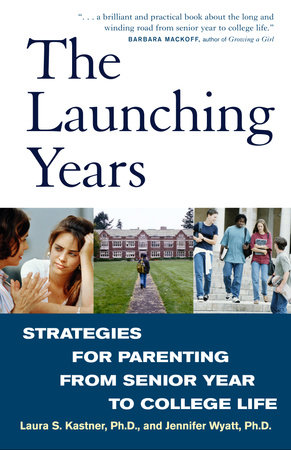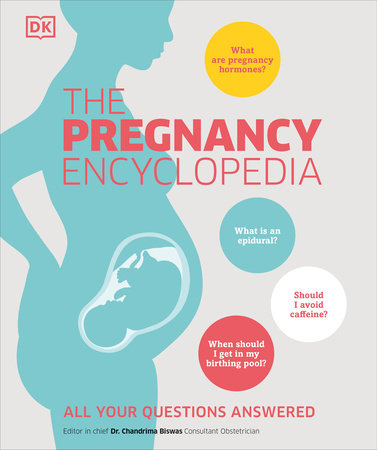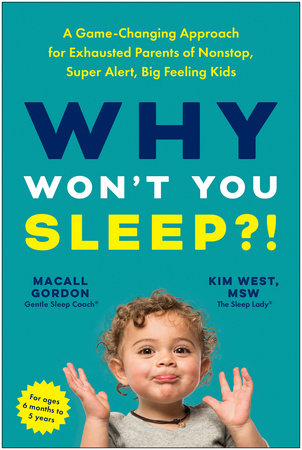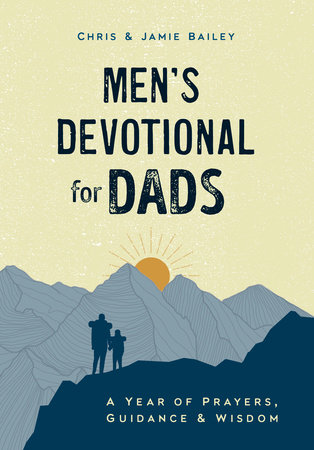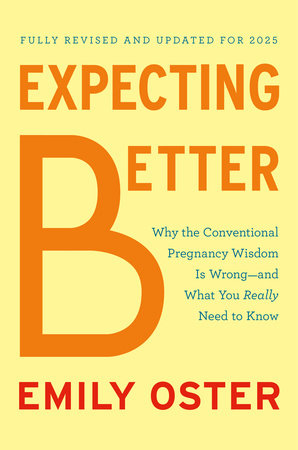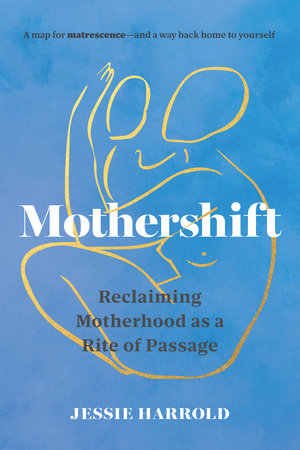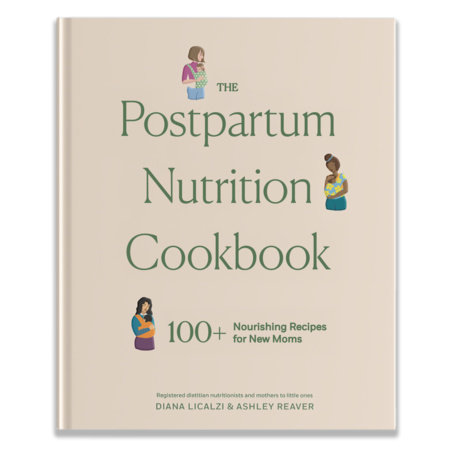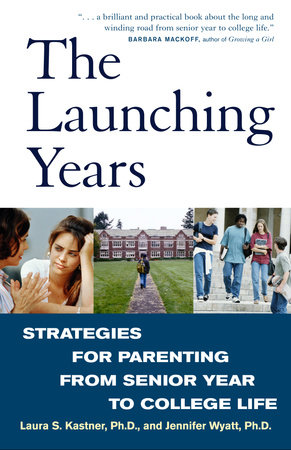Author Q&A
An Interview with Laura S. Kastner, Ph.D., and Jennifer Wyatt, Ph.D., authors of The Launching Years: Strategies for Parenting from Senior Year to College Life
Q. What are the “Launching Years” and why should parents pay attention to them?
A. The launching years correspond roughly to the senior year of high school and the beginning years of college when most children leave home. During senior year, change is in the air, creating havoc in family relationships, as parents and children anticipate the disruption of the daily life they’ve known for nearly two decades. Families confront difficult decisions about the next best step for their child. Then they must adapt to radically changed circumstances and a major shift in the parent-child relationship. Couples give birth to babies, and everyone knows it’s a big deal, but when your “baby” leaves home, it’s an equally big deal.
Q. How has the philosophy changed from a generation ago regarding parenting children at this age?
A. A generation ago, parenting days were pretty much over for moms and dads once their children reached age eighteen and set off on a known path like military service, advanced education, marriage, or a vocation. Veering from a set path was unusual, and the prevailing parenting philosophy emphasized separation. As entry into the adult world for young people has become more complex and the path longer and more circuitous, parents are in the exceedingly tricky position of balancing support and independence. Many of today’s parents are shocked by how much longer they are parenting, and they don’t really know how to do it. The launching years present a whole new challenge for today’s parents.
Q. How can the “Woodstock Generation” best address alcohol and drug concerns with their children when many of the parents abused drugs and alcohol themselves?
A. Parents sometimes assume they’ll have a greater impact on their child’s drug use by relating personal war stories, but college students can be as put off by an “I’ve-been-there” approach as they are by holier-than-thou lectures or scare tactics. Statistics reveal an alarming increase in binge drinking and alcohol-related crimes on today’s campuses, so parents had best not stick their heads in the sand about the dangers. Regardless of a parent’s experience, what all young people need from their parents is information, well-informed guidance, encouragement to attend campus workshops, and challenges to be part of the solution instead of part of the problem.
Q. How can parents best prepare their children emotionally and/or psychologically for the college admissions process?
A. Too often, parents become wound up in the college admissions process themselves, placing undue emphasis on college ratings and the “best college” instead the “best fit” for their senior. Stories circulate about parents who cut back their own work schedule to devote themselves to their child’s application process, which can only add to the pressure cooker for seniors. Parents need to convince themselves and their seniors that college choice is not the end-all, be-all. The best hand parents can lend their seniors during the application process is to provide emotional ballast for the senior’s anxiety, while controlling their own.
Q. What’s the biggest parenting mistake a mom or dad can make before sending their child off to college?
A. Of the three top pitfalls for parents, the first is to assume that simply by virtue of being age eighteen, a teen is ready to leave home. Not heeding the signs of lack of readiness to launch leads only to false starts and hardships. A second mistake occurs when parents fail to do their own developmental work to prepare for their own next life step. College students need a sturdy foundation from which to launch, and when parents are wobbly, so too is the “launch pad.” A third error is when parents transmit their anxiety about their child’s leaving home to their child, which can initiate circular anxiety with everyone feeding off one another’s upset. Parents should convey their faith that the same competence that got the young person into college will see him/her through the experience.
Q. What’s the most common misperception parents make about parenting children during these years?
A. There’s an old myth about cutting loose and letting go at age eighteen, but that’s only half of the equation. Young people between ages eighteen to twenty-five are “emerging adults,” who often need support from their parents and can benefit from a close relationship with them. Messes and curve balls are common during emerging adulthood, but families are suffering and feeling ashamed because of the misconception that their children “should” stand completely on their own two feet once they leave home. When setbacks occur, don’t judge yourself or other families too harshly!
Q. What are the key things parents can do to help give their child a successful “launch”?
A. When young people fail to launch, the reason can almost always be traced back to a deficit in a collection of critical assets we call “the big ten.” They include strengths ranging from motivation and initiative to social skills to healthy habits of living. Parents who focus on the full developmental picture of their child are giving their children the infrastructure for both a successful launch and a fruitful and productive life.
